I am trying to start using libusb for communication via COM port ( EDIT: for my Rs232 device), on windows 10 x64 only. My IDE is Code:blocks. I have a couple of questions:
I downloaded libusb from their website (latest windows binaries)
But I noticed there is a libusb-win32 ''version'' of it in sourceforge. It says
"libusb-win32 is a port of libusb-0.1 under Windows"
- What does this mean, and should I use the "latest windows binaries" version or the "libusb-win32" version?
Also, the Readme file from their website (the 'libusb windows binaries' one) has instructions for compiling in Visual Studio and Mingw and there are files for Visual studio and Mingw only.
- Does this means I cannot compile the libusb it in GNU GCC compiler?
EDIT: the question 2) is already answered here: https://stackoverflow.com/a/38252750/13294095
